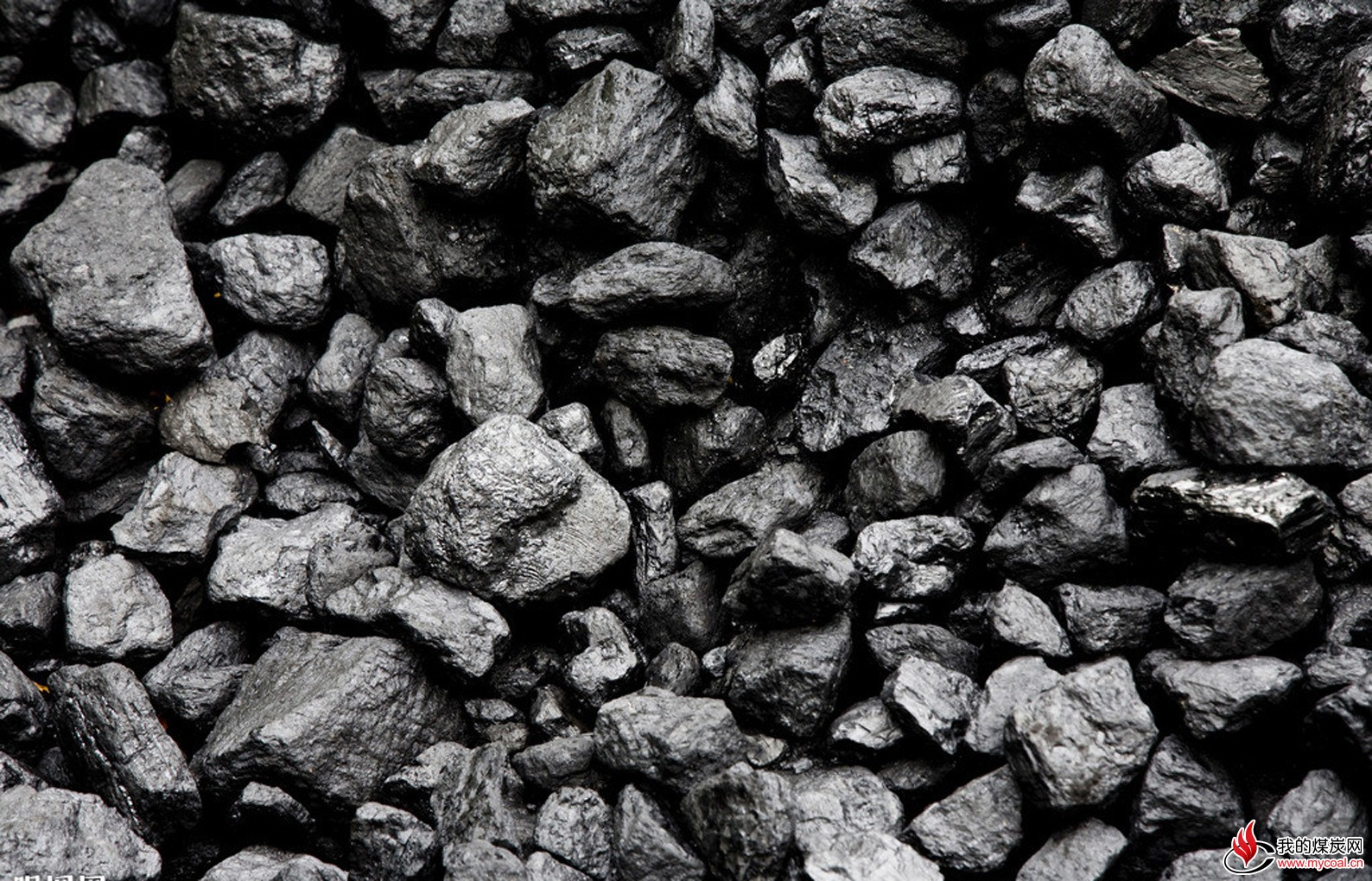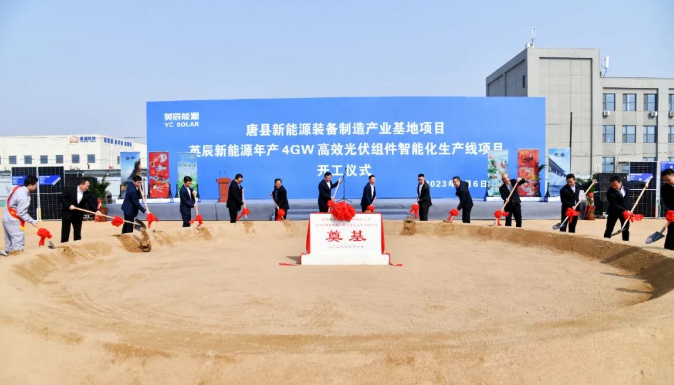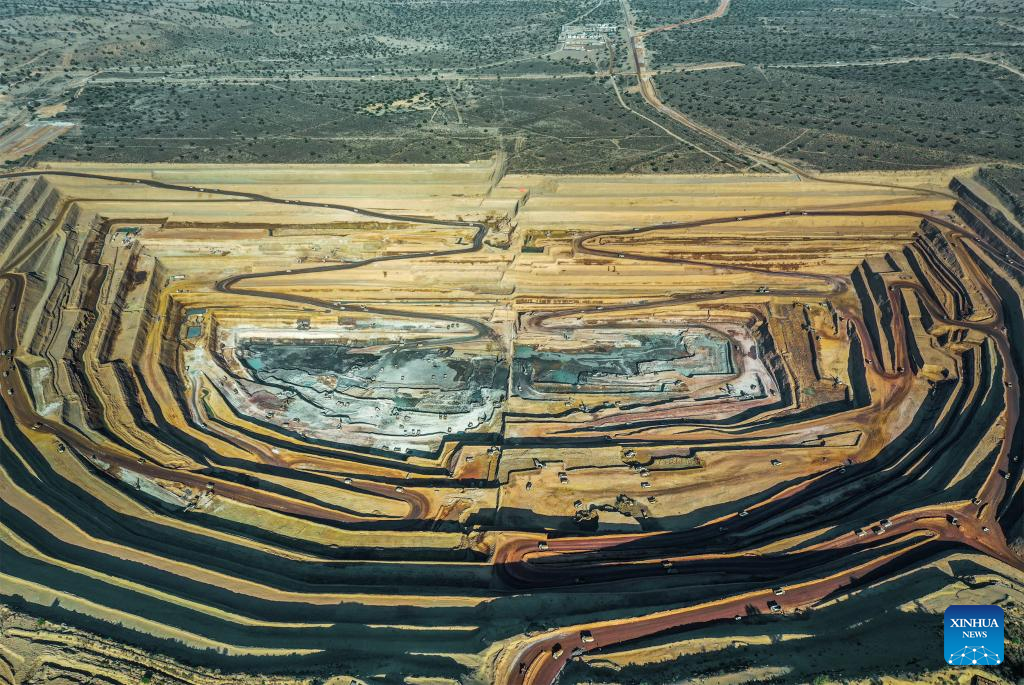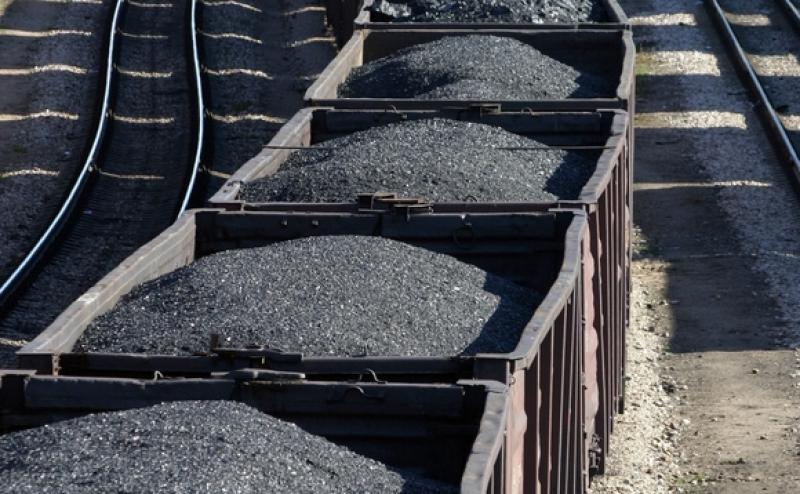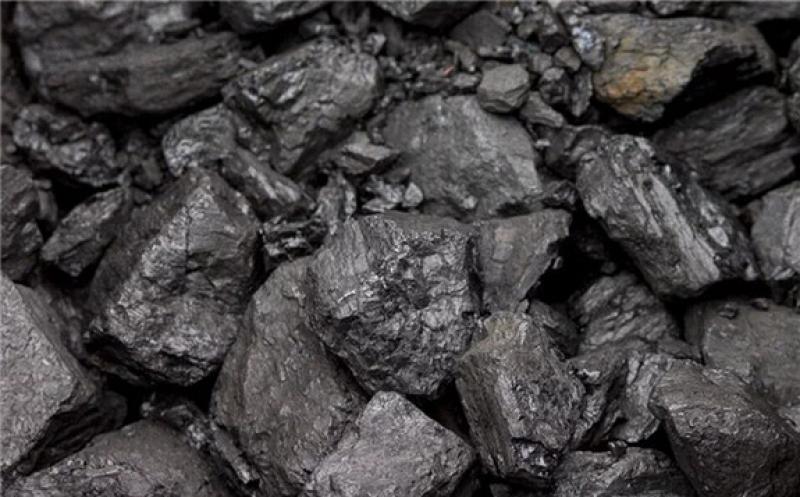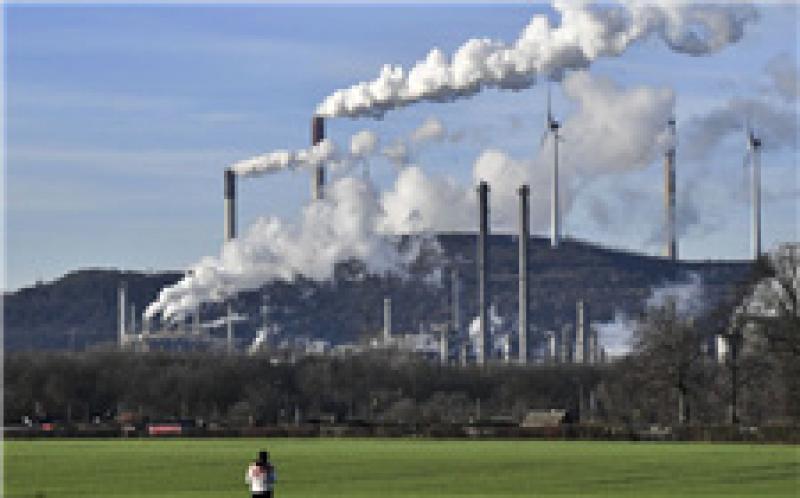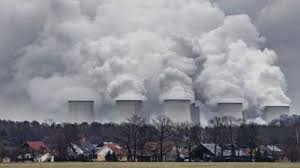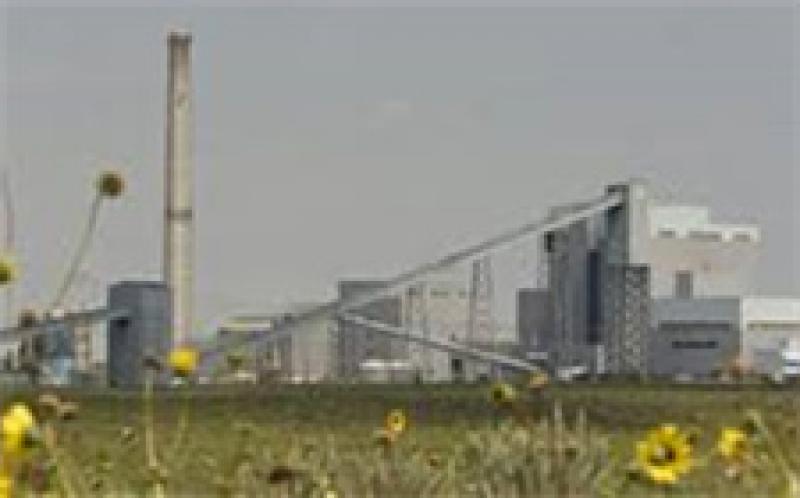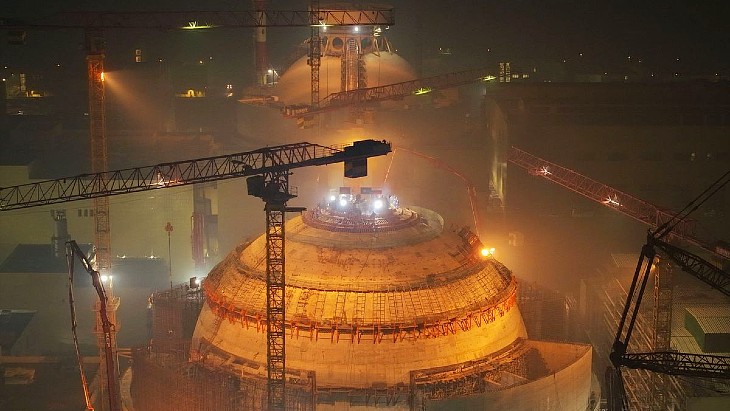
Seventy five people took part in the work, including 60 from Bangladesh, with 130 cubic metres of concrete required for the last tier - concreting the entire dome on the 46-metre diameter outer containment, with its 50-centimetre-thick shell, took a total of 1233 cubic metres. Rosatom said the process was cut by five days by combining the pouring of the last two tiers.
The outer containment shell is a reinforced concrete structure that protects from external threats such as an earthquake, tsunami or hurricane. The inner containment around the reactor building was installed in June 2022 and concreted in May 2023.
Alexey Deriy, vice president and project director for the construction of the Rooppur NPP, said: "Completion of concreting of the outer containment shell of the reactor building of the second power unit allows us to begin installing the deflector of the passive heat removal system. We have to prepare the embedded parts for installation, revise the sling equipment and collect the necessary documentation for lifting the deflector of the passive heat removal system using a crane."
Rosatom in February 2011 signed an agreement for two reactors to be built at Rooppur for the Bangladesh Atomic Energy Commission. The initial contract for the project, worth USD12.65 billion, was signed in December 2015. The Rooppur plant, 160 kilometres from the capital Dhaka, will feature two Russian VVER-1200 reactors. Construction of the first unit began in November 2017 and it is scheduled to be commissioned in 2024. Construction of the second unit began in July 2018. They have an initial life-cycle of 60 years, with a further 20-year extension possible.
The first unit reached the same stage - completing the outer containment shell concreting - in March 2023, and Bangladesh officially became a member of the international 'club' of nuclear countries in October when the first fuel for the plant was delivered to the Rooppur site.
